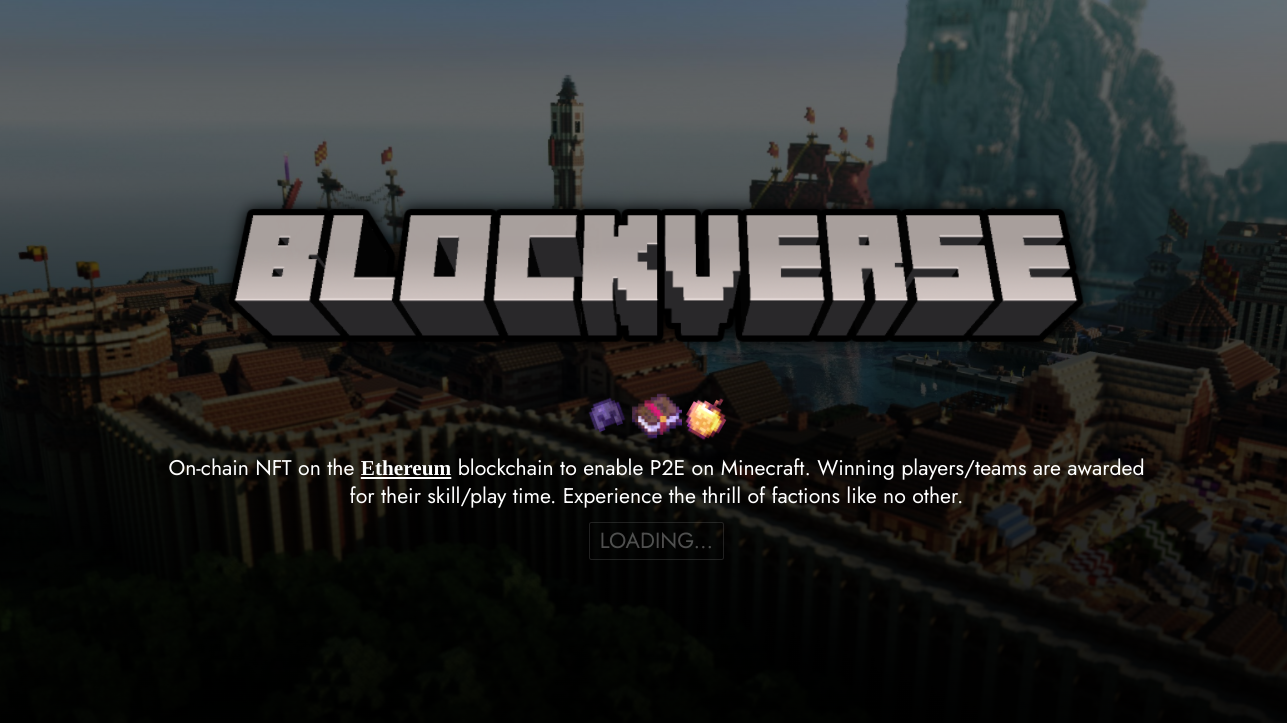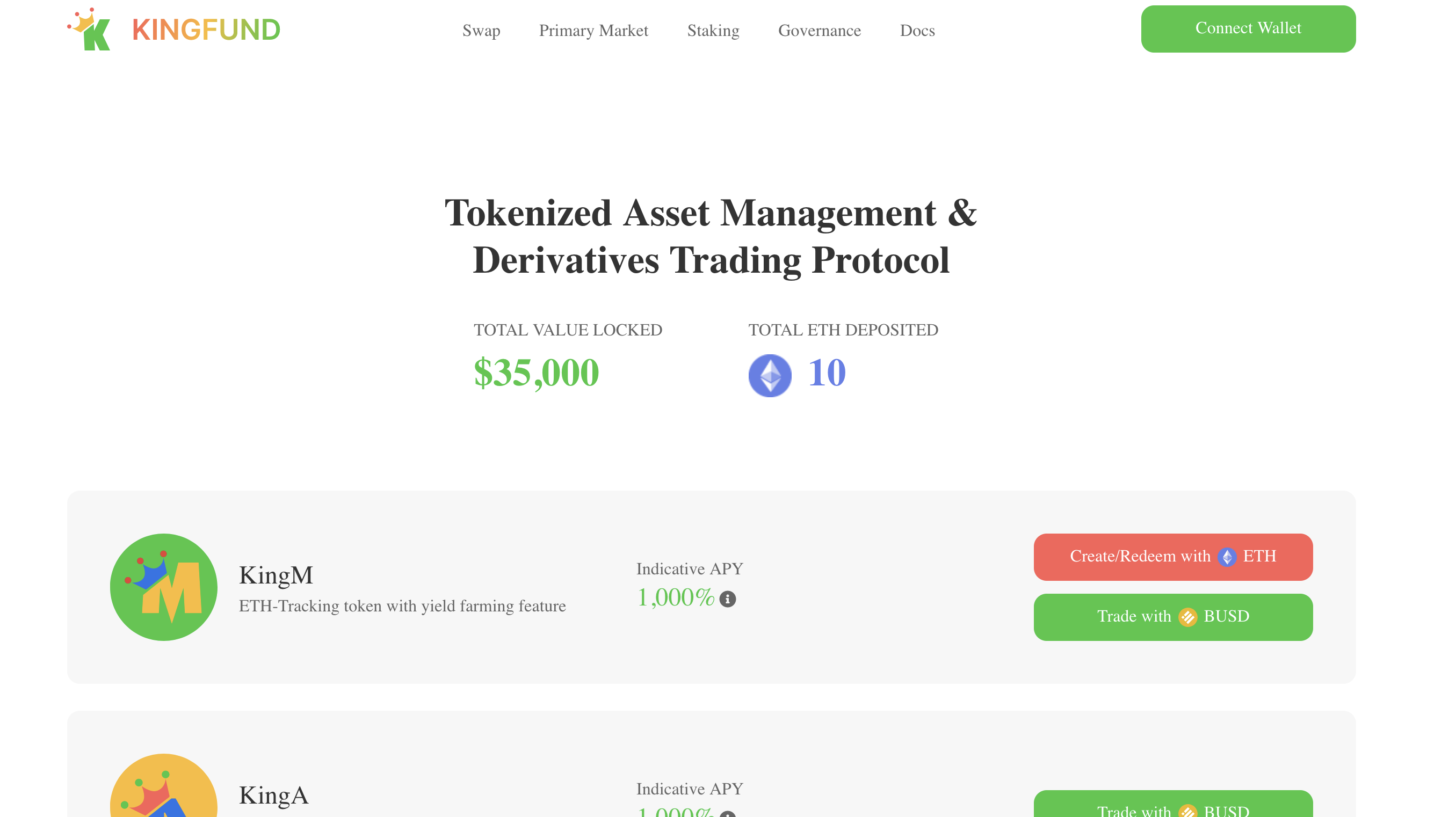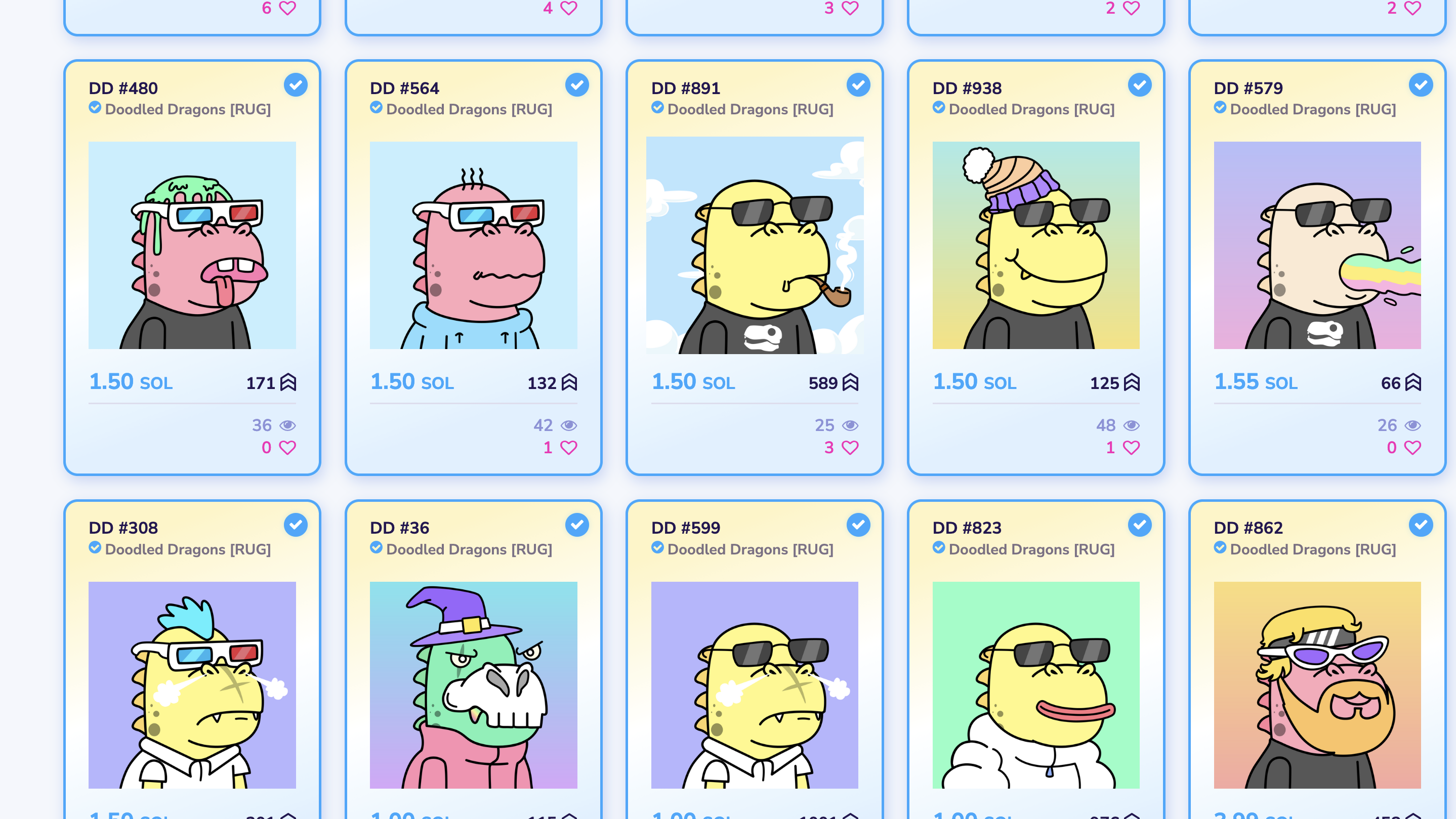Every new technology has attracted scam artists throughout history. But the cryptocurrency space is particularly infested with fraud at the moment.
People who invest in non-fungible tokens (NFTs) and cryptocurrency alt-coins lost at least $US4 (A$6) million to scammers in the month of January, and that doesn’t even count losses to hackers.
We’re taking a look at the biggest crypto scams of the month. And it should probably be noted this isn’t necessarily a comprehensive list. These are just the largest scams we came across. Be careful out there, folks.
Blockverse NFT – 1,200,000

Did you invest in an NFT project called Blockverse NFT, a so-called “play-to-earn” game built on the Minecraft universe? Then you have our condolences because whoever’s behind the project made off with an estimated $US1.2 (A$2) million this month.
Investors could purchase Blockverse characters through OpenSea and a cryptocurrency called $Diamond was launched in conjunction with the project. But the investors took all the real money invested in Blockverse and disappeared, deleting the project’s Discord and Twitter while making for the exits. The project’s website has also been deleted, but it’s still available through a snapshot saved on the Internet Archive on Jan. 12.
The website is filled with spelling mistakes, like “Cosemetic & Equippable Item Minting,” which are just some of the red flags any potential investors in NFTs should look for if they don’t want to get ripped off. But even projects with perfect spelling can still engage in a “rug pull,” as it’s called in the crypto community — raising tons of money and then quickly draining the liquidity pool, never to be seen or heard from again.
The Twitter account NFT Ethics asked if there should be some kind of centralised authority overseeing projects like these to protect consumers but that would seem to be antithetical to the decentralized nature of the NFT project. But who knows? The NFT community could wind up inventing its own version of everything from the SEC to the Federal Reserve if enough people get tired of their money being stolen.
Big Daddy Ape Club – $US1,200,000 (A$1,665,840)

At first glance, the NFT project Big Daddy Ape Club looked like either a parody or a rip-off of the much more famous Bored Ape Yacht Club, arguably the most successful NFT project in the world. But while Bored Ape has attracted celebrity attention from the likes of Paris Hilton, Jimmy Fallon, and Gwyneth Paltrow, the Big Daddy Ape Club won’t be featured on the Tonight Show anytime soon. At least not for anything good.
As the Twitter account NFT Gurus points out, the scammers behind Big Daddy Ape Club were able to get people to try and “mint” their NFT with a surcharge of 1 Solana, which cost about $US135 (A$187) at the time. The transaction would fail, but the Solana still went through.
The scammers were able to get at least 9,041 people to attempt their mint of the ape knock-offs, meaning they collected over $US1.2 (A$2) million. But as SolRarity notes, this isn’t the scammer’s first rodeo. This is at least the third scam pulled by the person or people behind the Big Daddy Ape Club, based on the wallets where the money was funneled. It’s obviously a profitable venture if you don’t mind being evil.
Strangely, the project was “verified” by Civic, a crypto company that supposedly audits NFT projects. Civic says it’s working with authorities to track down the perpetrators, according to the news outlet Decrypt.
All of the social media accounts for Big Daddy Ape Club have been wiped but you can still see an archived version of the website at the Wayback Machine.
Mercenary Gold – $US760,000 (A$1,055,032)

Mercenary launched this month as a medieval-themed NFT game with play-to-earn capabilities and a new cryptocurrency coin called Mercenary Gold. The scammers behind Mercenary even bought ads on Twitter with crypto news outlets like BSC News to get more people interested.
But it was all a fraud. The scam artists behind Mercenary Gold got away with at least $US760,000 (A$1,055,032) according to Peck Shield, a company that tracks rug pulls and other fraud in the crypto community.
The social media accounts for Mercenary have been wiped, naturally, and even archived versions on Google Cache and the Internet Archive appear to be blank. But there’s a long trail of paid promotions for the game on Twitter. And its 8-bit style looked pretty convincing as a fun attraction. Too bad it was a complete scam.
CryptoBay VIP – $US411,000 (A$570,550)

CryptoBay VIP features an elaborate website promising fun pirate-themed games and lots of ways to earn money. But if you take a look at the “core team” behind the project, you’ll notice it’s a bunch of anime avatars and first names, with nothing to prove there are real people behind the project.
And it turns out whoever’s behind it was sketchy as hell. At least 1,098 WBNB in crypto was taken on January 26, worth about $US411,000 (A$570,550), according to Peck Shield.
Frosties NFT – $US150,000 (A$208,230)

Frosties NFT wasn’t just a bunch of images. This project promised it would eventually build a metaverse of fun. The problem, of course, is that it was just a scam.
Roughly $US150,000 (A$208,230) was pulled from the project by the unknown scammers behind this cartoon project. The Frosties NFT website has been deleted but was saved on the Internet Archive.
People who lost money are trying to resurrect the project, a coping mechanism that’s all too common for rug-pulled NFTs these days.
Kingfund Finance – $US141,000 (A$195,736)

Kingfund Finance launched in late 2021, and it finally rug pulled earlier this month, draining 300 Wrapped BNB coins (worth roughly $US141,000 (A$195,736) at the time) according to Web3 is Going Just Great.
The Twitter account and other social media presences have vanished but you can take a look at the website as it appeared back in October thanks to the Wayback Machine.
Unlike plenty of fancy NFT websites here in 2022, you can really see the bare-bones approach to King Fund Finance. The website isn’t slick, but whoever made it was still able to extract a lot of money by pretending to be a legit cryptocurrency organisation.
Doodled Dragons – $US30,000 (A$41,646)

Doodled Dragons was an NFT project with cartoon dragons being sold for a pretty penny. The founders even promised to give away money to charity, and it looked like they were going to do just that for the World Wildlife Foundation. But it was all a scam.
As the excellent blog “Web3 Is Going Just Great,” points out, the Twitter account behind Doodled Dragons promised to give money to WWF and just two hours later tweeted, “actually. fuck that. our charity will instead now be… my bank account. cya nerds.”
At least $US30,000 (A$41,646) was stolen.
